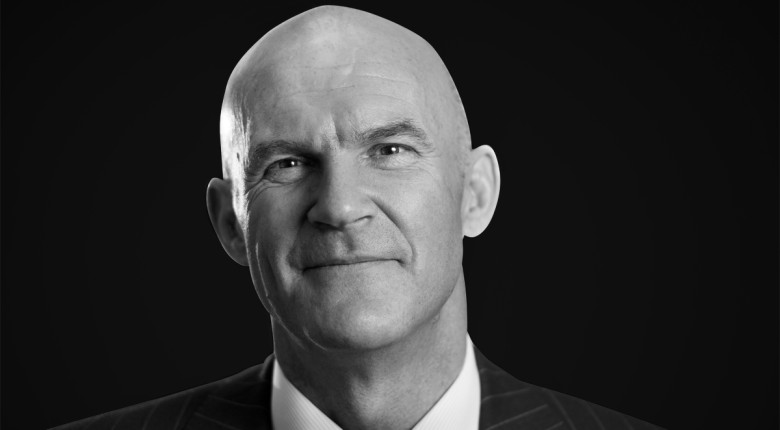This material belongs to: fin24.
Somerset West – Transparency in public procurements is not only about stopping corruption, but also about creating a safe environment for companies to bid on infrastructure projects, according to Chris Heathcote, CEO of the Global Infrastructure Hub.
Heathcote was taking part in the First African Roundtable on Infrastructure Governance in Somerset West this week, where he said that corruption was “like a cancer” on the economies of some countries.
Rooting out corruption was linked to better infrastructure, he said. “This is the only way African governments will get the private sector to come in and invest [in] infrastructure, because these projects are often just too huge to fund just from raising taxes,” he told Fin24.
“It is estimated that corruption can add up to 30% or 40% to initial project estimates. If a country has all this waste due to corruption it might end up never having the economic growth an infrastructure project can bring and instead just battle to get out of its debt,” he said.
“Then infrastructure is not a solution but part of the problem.”
Heathcote emphasised that infrastructure is vital to citizens of a country being able to enjoy their basic human rights like access to transport and electricity.
“We see infrastructure not merely as the building of a road, for instance, but as lifting people out of poverty and increasing and opening up abilities for people to create jobs and wealth,” he said.
“Due to huge amounts invested in infrastructure, China has, most impressively, lifted 205 million people out of poverty. This should be basic to Africa as well. Africa should not lose out on the growth available to emerging markets (EMs).”
An expensive business
The problem with infrastructure, said Heathcote, is that it is incredibly expensive. The shortfall of infrastructure investment in Africa is estimated at nearly $100bn (approximately R1.4trn) per year.
This, in turn, means lower growth, fewer jobs and fewer opportunities he said.
A study by the International Monetary Fund has estimated that for each 1% of a country’s gross domestic product invested in infrastructure, it can add 1.5% to 2.5% to its GDP, said Heathcote.
“It is, therefore, very important for governments to plan well, select the right infrastructure, talk to citizens about what you plan to build and why, because ultimately they are the ones paying for it. Also procure and maintain efficiently,” said Heathcote.
“One of benefits of public private partnerships is that the bid process is very transparent and that helps drive corruption from being a main line activity. Society needs to drive corruption out by putting pressure on politicians. International bodies cannot drive it out.”
He called on governments to be more open about the infrastructure process, to plan better and to engage with the private sector in order to create a market the latter is looking for.


